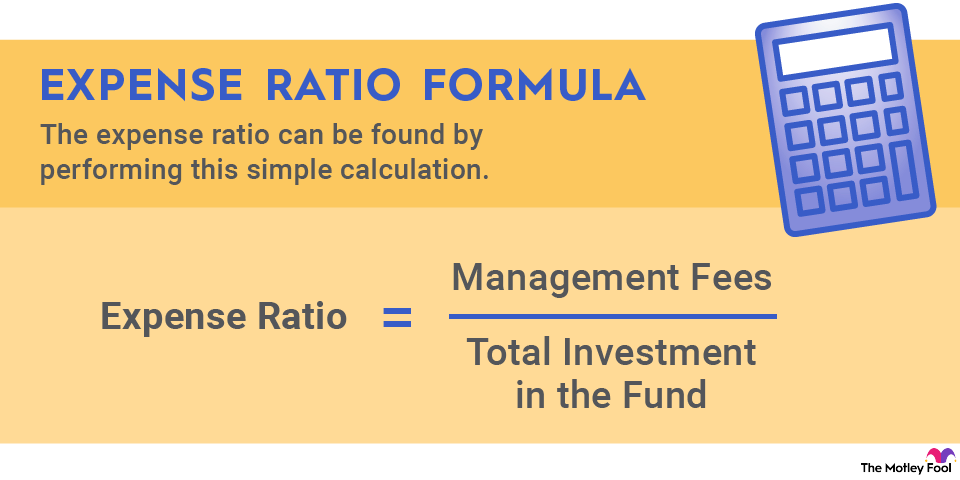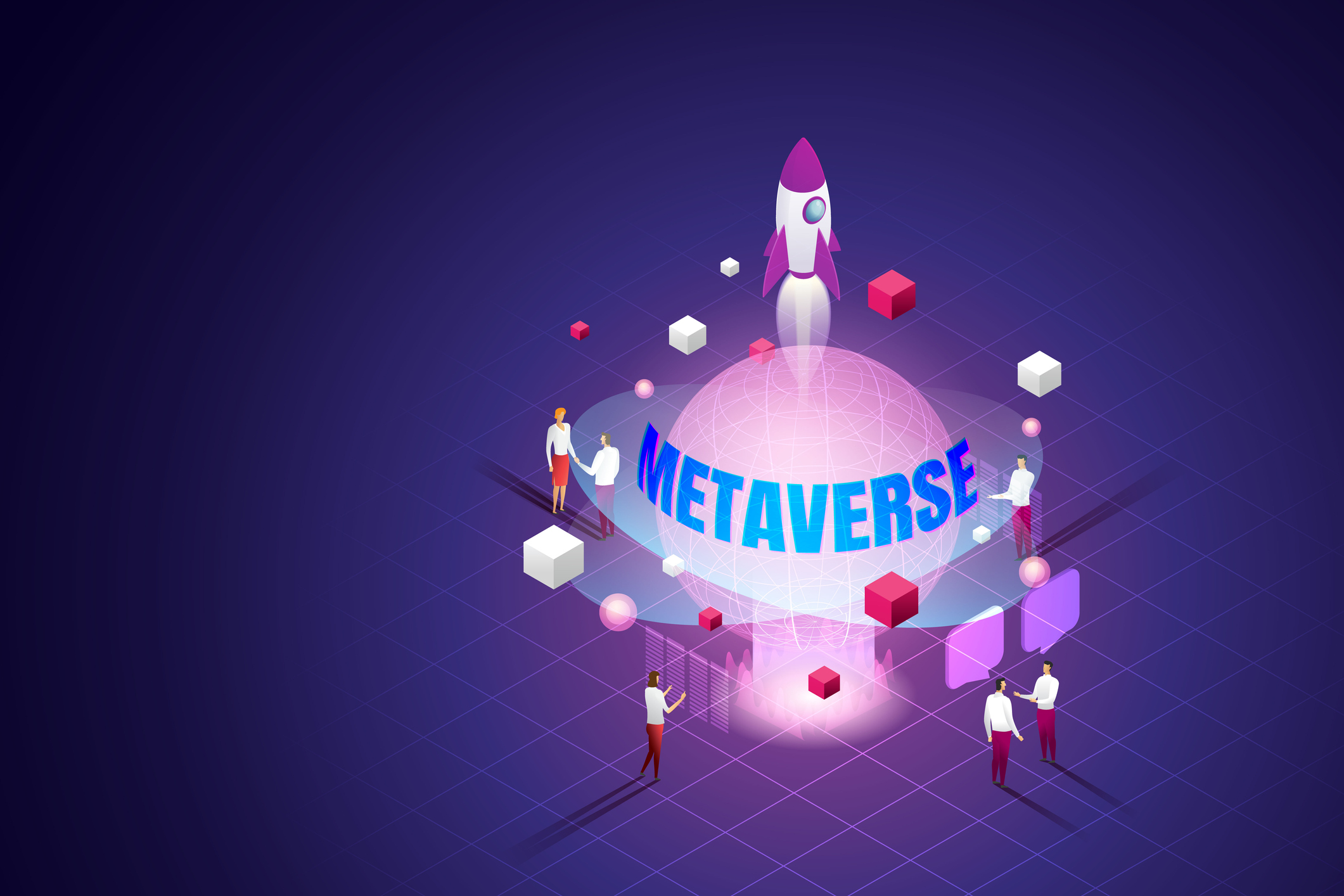Whether you're reading the business news or examining the recent filings of your favorite companies, terms like non-controlling interest are important to understand. They tell a story about what's owned -- and what isn't -- and the rights that go with ownership.

What is a non-controlling interest?
A non-controlling interest, technically, is any ownership interest in a company that's less than 51%. At 51%, a company or investor can no longer be overridden by groups of other investors working together. For example, if you own 10% and your friend owns 15%, but the founder of the company owns 51%, your 25% combined ownership (and whatever votes come with that) really can't make important decisions about the company.
Non-controlling interests may result from stock sales designed to help raise additional capital without giving up control of the company or due to acquisitions designed to have the least risk and the most control. After all, if a company only has to own 51% of another company to have pretty much all the say, why would it risk more money than needed to buy a bigger stake?
Types of non-controlling interests
There are two types of non-controlling interests: Direct and indirect.
Direct non-controlling interests happen when you choose to buy shares of a company, but less than 51% of the total company. For example, you decide to invest in the new e-commerce site Soda.com and purchase 5% of the available shares. You made a purposeful decision to invest in this company and chose the amount of investment.
An indirect non-controlling interest, on the other hand, is when you own a non-controlling interest in a company via another company. It's indirect because you didn't choose or make the investment. The investment isn't registered to you in any way, but you're still an investor in it.
How does this happen? Generally, it's due to an acquisition of another company by one that you already own. For example, you have owned XYZ, Inc. for four years, and the company has recently acquired ABC, Inc. You still own XYZ, Inc., but it now owns ABC, Inc. -- and so do you, even though you don't directly own any shares of ABC, Inc.
Activist investors and non-controlling interests
Although you can hold a non-controlling interest in a company with very few shares, non-controlling interests get far more interesting when a single investor holds 5% to 10% of the shares of a company.
These people or organizations are called activist investors, and although they have no formal say in the company's management or handling, they often flex their muscles anyway. Activist investors may send proposals to the board of directors or management, or they may even suggest changes to management or company policies. When activist investors band together to support a specific measure, they may find that their voices are overwhelming, even though they technically have no control over the company on paper.
Related investing topics
Why non-controlling interests matter to investors
Most investors will hold non-controlling interests in the companies they choose to invest in, so it's important that you understand what it is that you're buying. Although you technically may get voting rights, if someone else holds 51% of shares, your voice is unlikely to be heard. For many stock investors, this is just fine; they buy companies that they are already happy with, so changing how they do business isn't even on their radar.
However, if you were hoping your stake could do more, you'll need to choose a company that no one holds a controlling interest in or invest everything in a startup where you can often buy a substantial piece for very little money by getting in on the ground floor. It really just depends on the kind of investor you want to be.



















